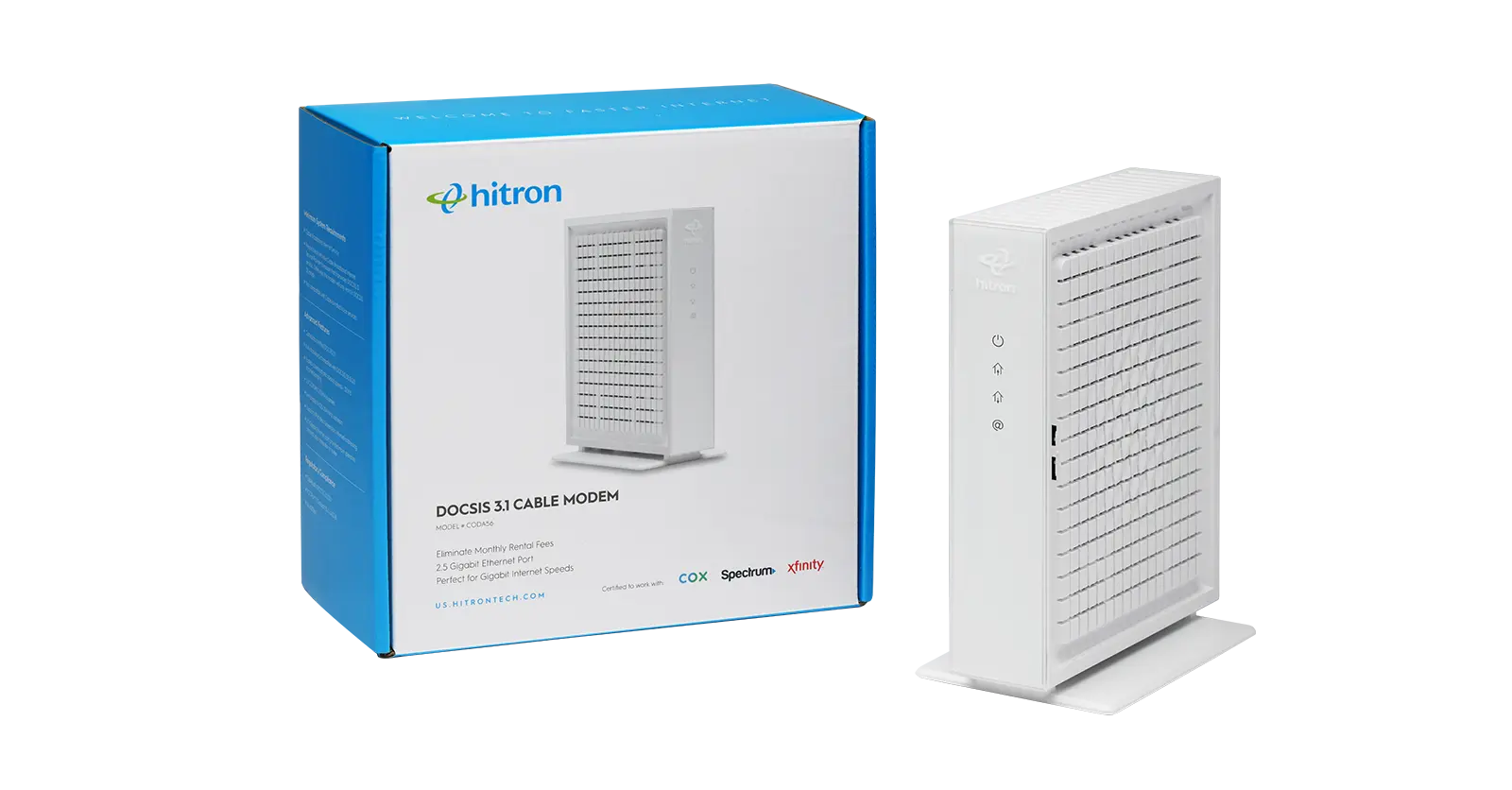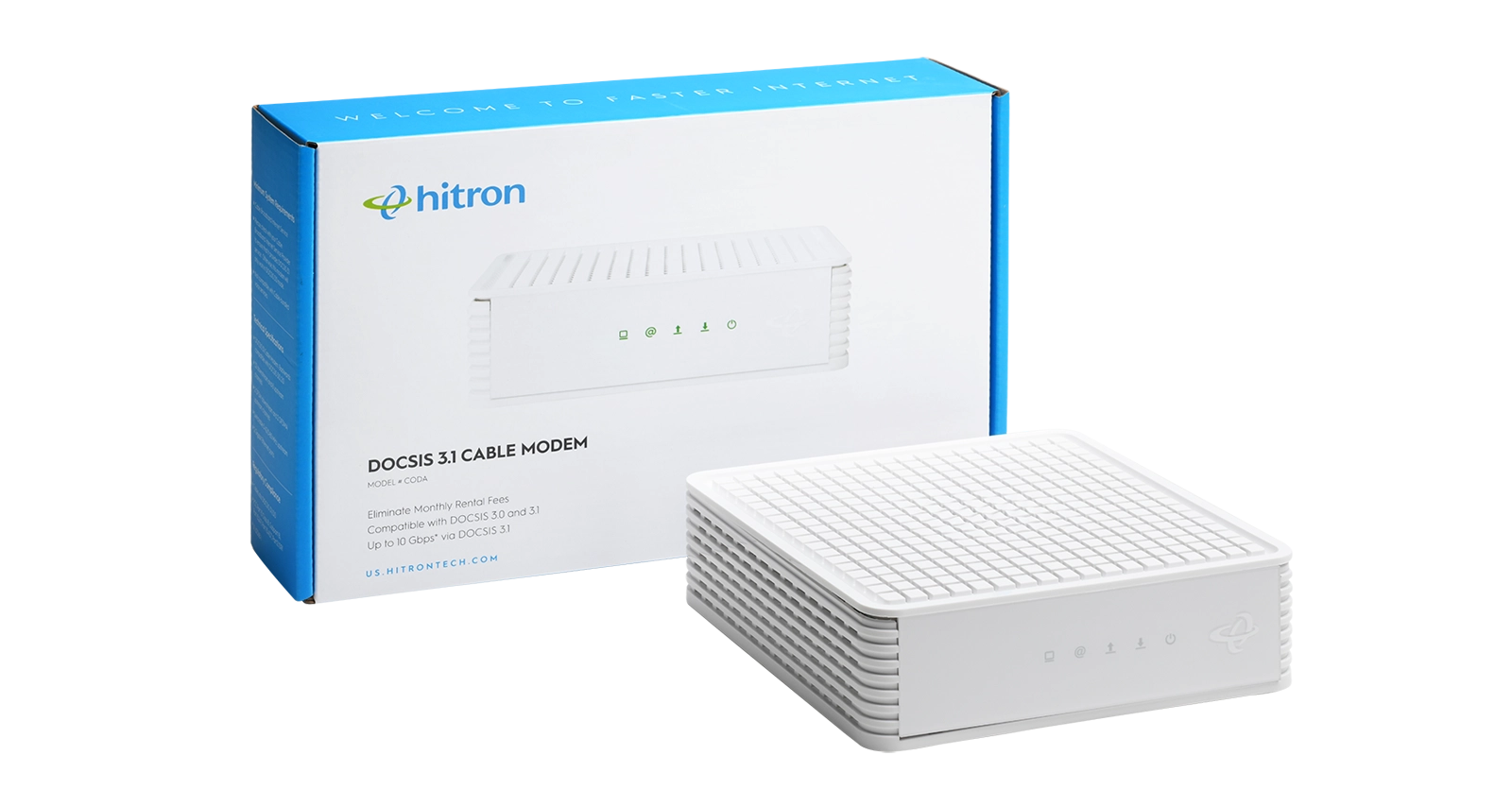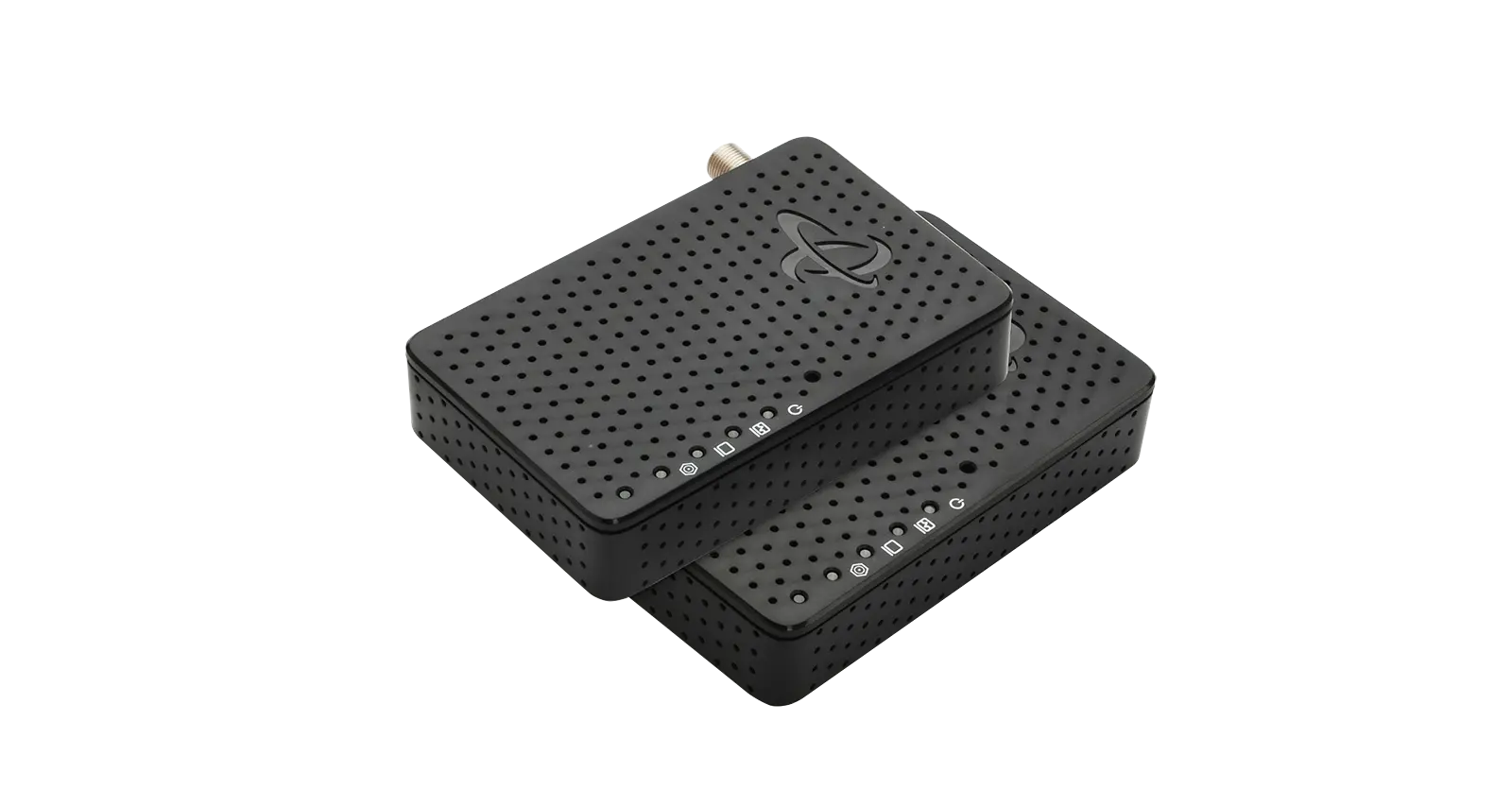In general, a router is the device that gives you a wireless Internet connection by connecting to your modem. Depending on your home network set up, you may come across a few different types of routers. For example:
- Traditional wireless router
- Cable modem router
- Fiber router
- Mesh router
This page focuses on the difference between a traditional router and a mesh router. We will cover the difference and how to know which to choose.
The purpose of a router
The purpose of a router is to get wireless Internet in your home. A router receives data from an Internet service provider (ISP) through a modem. The router translates the data to communicate to the devices connected to your network.
The router is the central hub of your home network, since it receives data, directs your device’s Internet traffic, and controls congestion among other functions.
What is a mesh router?
A mesh router is designed to blanket your home in WiFi coverage. In theory, one mesh router can have the same effect as multiple traditional routers.
A traditional router uses a single device to distribute WiFi coverage, which can result in limited coverage. A traditional router is also prone to dead zones (which you can eliminate with a WiFi boosters like a WiFi range extender).
A mesh router uses two or more connected devices to distribute the WiFi signal throughout your home, which naturally extends the coverage.
To put it another way, an old-school router works off of a single access point. A mesh router works off of multiple access points.
Do you need a mesh router? What’s the right router for you?
When to use a traditional router:
- If you live in a smaller space like an apartment, condo or small home
- If your living arrangement is temporary
- If you are on a limited budget
When to get a mesh router:
A mesh router is only efficient with a whole-home mesh WiFi system. This means investing in the proper equipment to set up your mesh WiFi system. You should use a mesh router if:
- You have a large home or a lot of space to cover (including outdoors)
- Your living arrangement if permanent or for the foreseeable future
- Your budget allows for you to make the investment
If this is your situation, then a mesh router on a mesh WiFi system may be a more seamless experience.
Regardless of your situation, Hitron’s offerings check all of the boxes on extending the WiFi coverage in your home. Hitron’s solutions are flexible and will get you the high-performing network you want, whether that is through Ethernet, MoCA, or WiFi. Ask your Internet service provider about Hitron today. Check out Hitron’s Learn Page for more.


